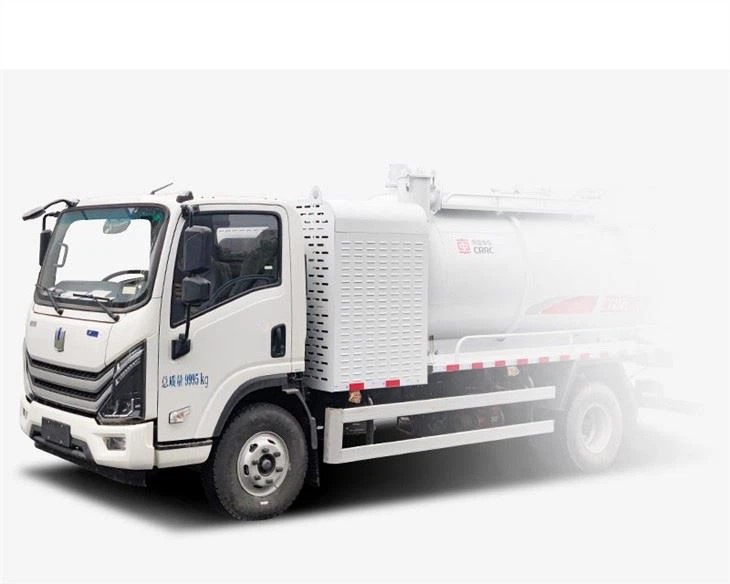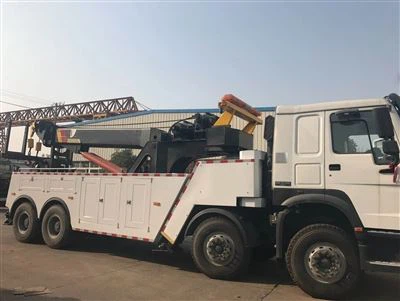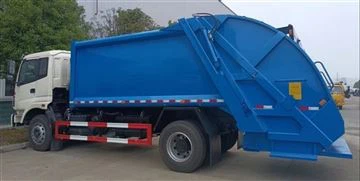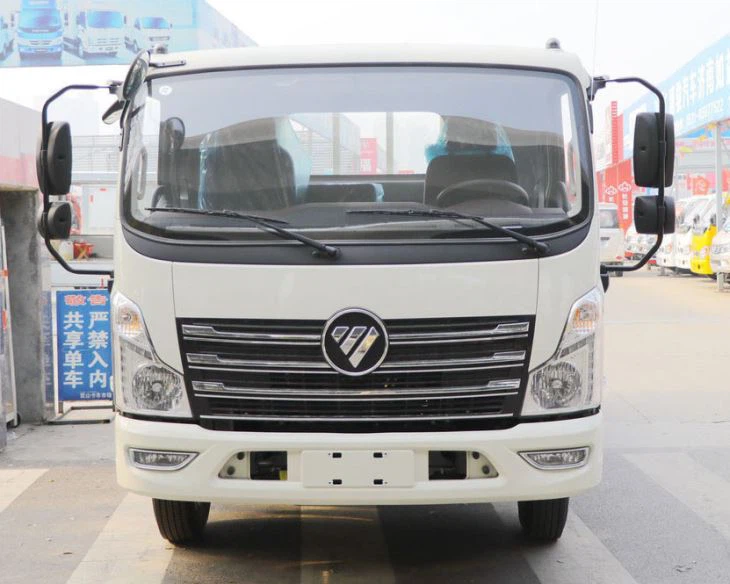Introduction
As urbanization increases, so does the population density in cities, leading to a rise in waste production. To effectively manage this waste, small trash trucks have emerged as vital assets in waste collection services. These compact vehicles are specifically designed to navigate through narrow streets and tight spaces, making them ideal for residential and commercial areas. In this article, we will explore the features, benefits, types, and best practices related to small trash trucks, equipping you with the knowledge necessary to understand their importance in modern waste management.
What Are Small Trash Trucks?
Small trash trucks are specialized vehicles designed for waste collection in urban and suburban areas where larger trucks cannot operate efficiently. These trucks come in various sizes and configurations, allowing for different types of waste collection, including residential, commercial, and industrial services. Their compact size enables them to maneuver through crowded streets, parks, and tight corners, making them highly versatile for a variety of waste management tasks.
Key Features of Small Trash Trucks
Compact Design
The primary feature of small trash trucks is their compact design, which allows them to access difficult areas that larger vehicles cannot reach. This is particularly important in urban settings where narrow roads and limited space can pose a challenge for waste collection.
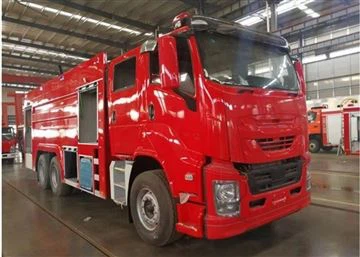
Environmental Impact
Many small trash trucks are designed with eco-friendliness in mind. They often utilize fuel-efficient engines, and some are even electric or hybrid models, which help reduce carbon emissions and noise pollution during collection.
Versatility
Small trash trucks can be configured for a wide range of waste types, including general refuse, recyclables, and organic waste. This flexibility makes them an important part of any municipal waste management strategy.
Types of Small Trash Trucks
Rear-Load Trash Trucks
Rear-load trash trucks are one of the most common types of small trash trucks. They have a loading mechanism at the back, allowing for easy access by waste collectors. This type is often used for residential routes.
Side-Load Trash Trucks
Side-load small trash trucks are designed with a mechanism that allows waste to be loaded from the side. This design enhances efficiency as it enables the driver to collect waste without leaving the vehicle, reducing the time spent on each stop.
Automated Trash Trucks
Automated small trash trucks feature robotic arms that can lift and empty bins without manual labor. This technology improves safety by reducing the need for workers to lift heavy loads.
Benefits of Using Small Trash Trucks
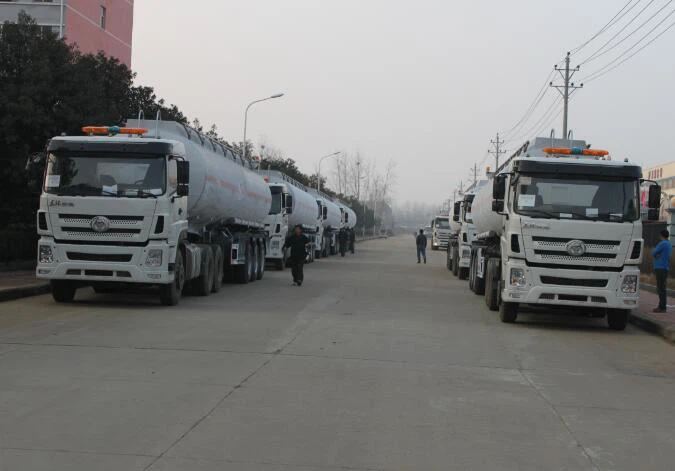
Improved Accessibility
Small trash trucks’ compact size allows them to access areas that larger trucks simply cannot reach, ensuring that all waste is collected effectively.
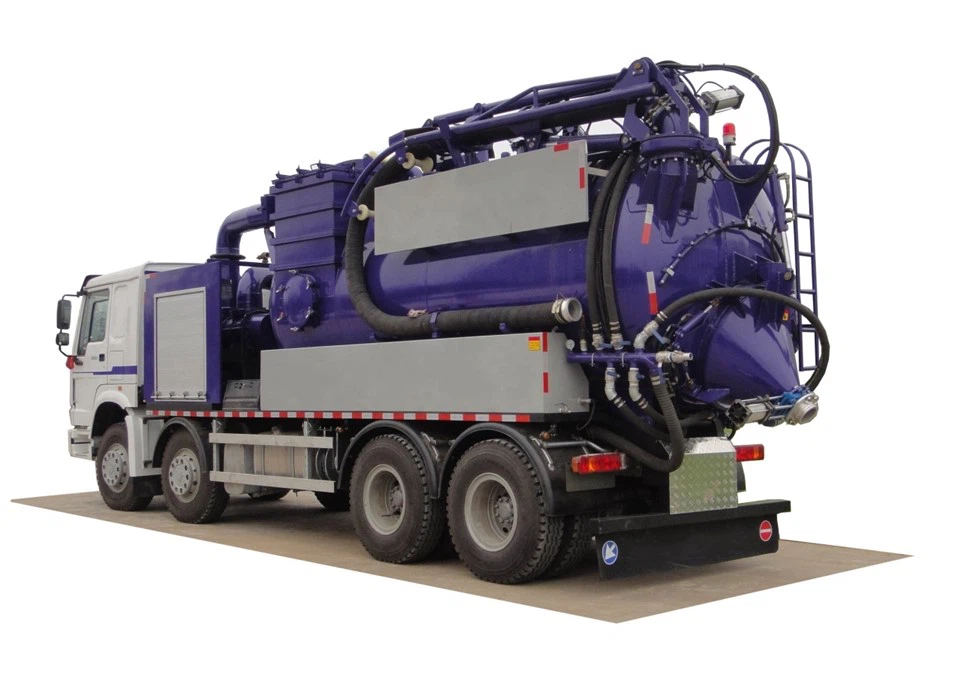
Cost-Effectiveness
By utilizing smaller trucks, municipalities can reduce operational costs such as fuel, maintenance, and labor. This makes waste management services more budget-friendly, especially for smaller communities.
Enhanced Service Efficiency
Small trash trucks can navigate busy streets and residential neighborhoods more efficiently, resulting in a more streamlined waste collection process. This leads to timely service delivery, which is crucial for maintaining hygiene and cleanliness in communities.
Choosing the Right Small Trash Truck
Assess Your Needs
Before selecting a small trash truck, assess your waste collection needs. Consider factors such as the volume of waste to be collected, the types of waste, and the physical layout of the area to be serviced.
Evaluate Features
Look for features that match your operational requirements. If you need to collect recyclables, a truck with a side-loading mechanism may be ideal. If speed is essential, consider an automated truck.
Budget Considerations
Establish a budget before making a purchase. While investing in professional-grade vehicles may seem costly initially, the long-term savings in maintenance and fuel efficiency can offset the expenses.
Maintenance Tips for Small Trash Trucks
Regular Inspections
Implement a routine inspection schedule for all small trash trucks. Regular checks for wear and tear on engines, tires, and hydraulic systems will prolong the life of the vehicles.
Proper Cleaning
Keep trucks clean to prevent odors and maintain hygiene standards. Regular washing helps remove debris and waste residue, improving the vehicle’s durability and performance.
Engine Maintenance
Follow the manufacturer’s maintenance schedule for engine servicing. Regular oil changes and filter replacements are essential for optimal performance.
Case Studies: Successful Implementation of Small Trash Trucks
City of San Francisco
San Francisco implemented a fleet of automated small trash trucks to improve its waste collection efficiency. The use of these trucks reduced collection times and improved recycling rates by making it easier for collectors to manage different waste types.
Community of Springdale
Springdale adopted side-load small trash trucks, resulting in a reduction of operational costs by 20% within the first year. The trucks’ ability to navigate tight spaces increased service reliability in residential neighborhoods.
Frequently Asked Questions
What is the average cost of a small trash truck?
The average cost of a small trash truck can range from $50,000 to $150,000, depending on the features and specifications. Automated models may cost more due to the technology involved.
How do small trash trucks contribute to environmental sustainability?
Small trash trucks reduce emissions, especially when using eco-friendly engines. They can help streamline waste collection, leading to less idle time and lower fuel consumption.
Can small trash trucks handle large volumes of waste?
While small trash trucks are designed for easy maneuverability, their capacity typically ranges from 4 to 10 cubic yards. For areas with high waste generation, multiple trips may be necessary.
What types of waste can small trash trucks collect?
Small trash trucks can collect various types of waste, including household trash, recyclables, yard waste, and sometimes heavy items, depending on their make and model.
Are small trash trucks suitable for rural areas?
Yes, small trash trucks can be efficient in rural areas, particularly where larger trucks may encounter obstacles or unpaved roads. Their versatility allows them to adapt to different terrains.
How can municipalities optimize waste collection routes for small trash trucks?
Municipalities can use route optimization software to analyze waste collection data and develop efficient routes. Factors such as traffic patterns, waste generation rates, and truck capacity should be considered for optimized routes.

